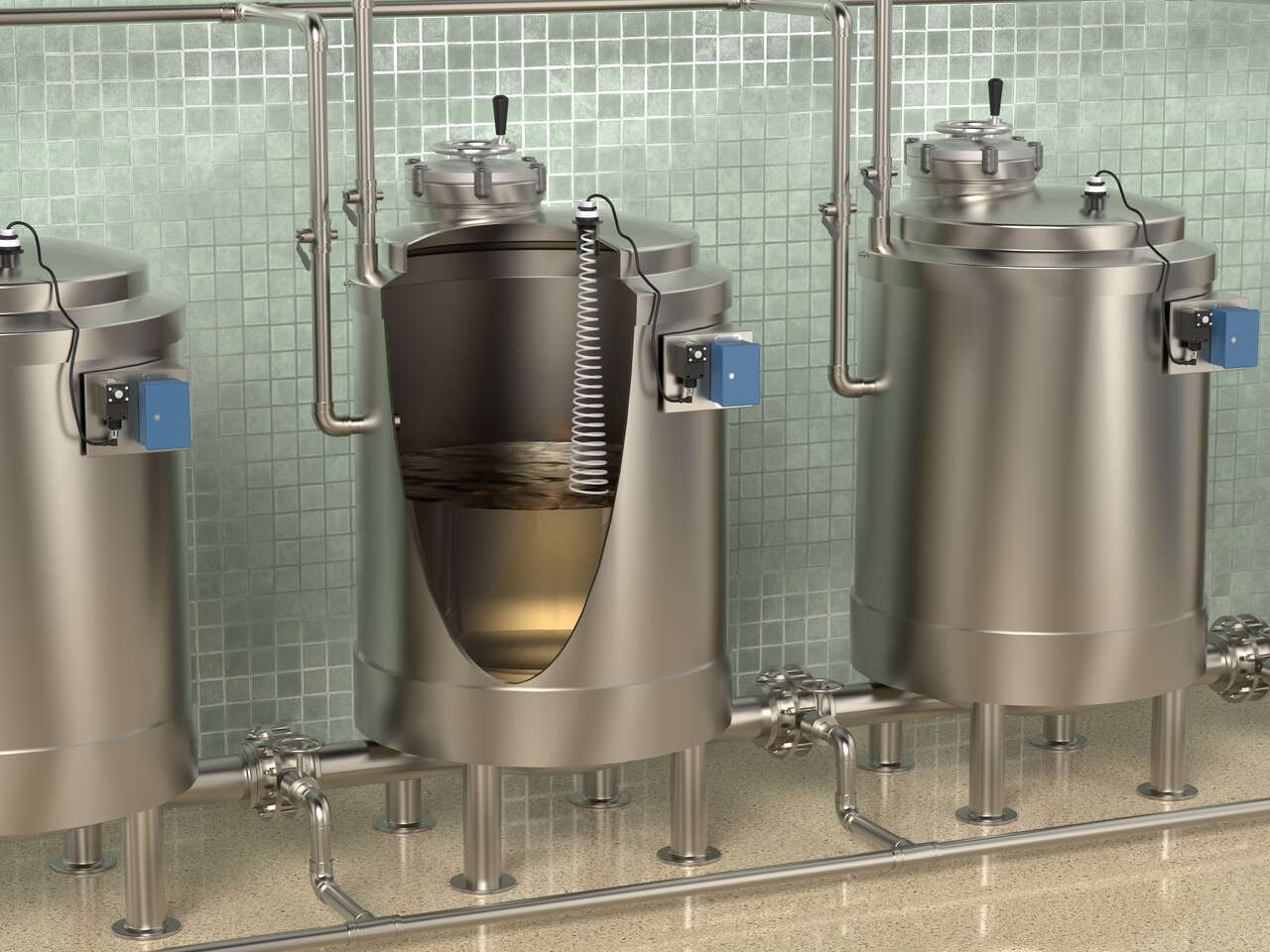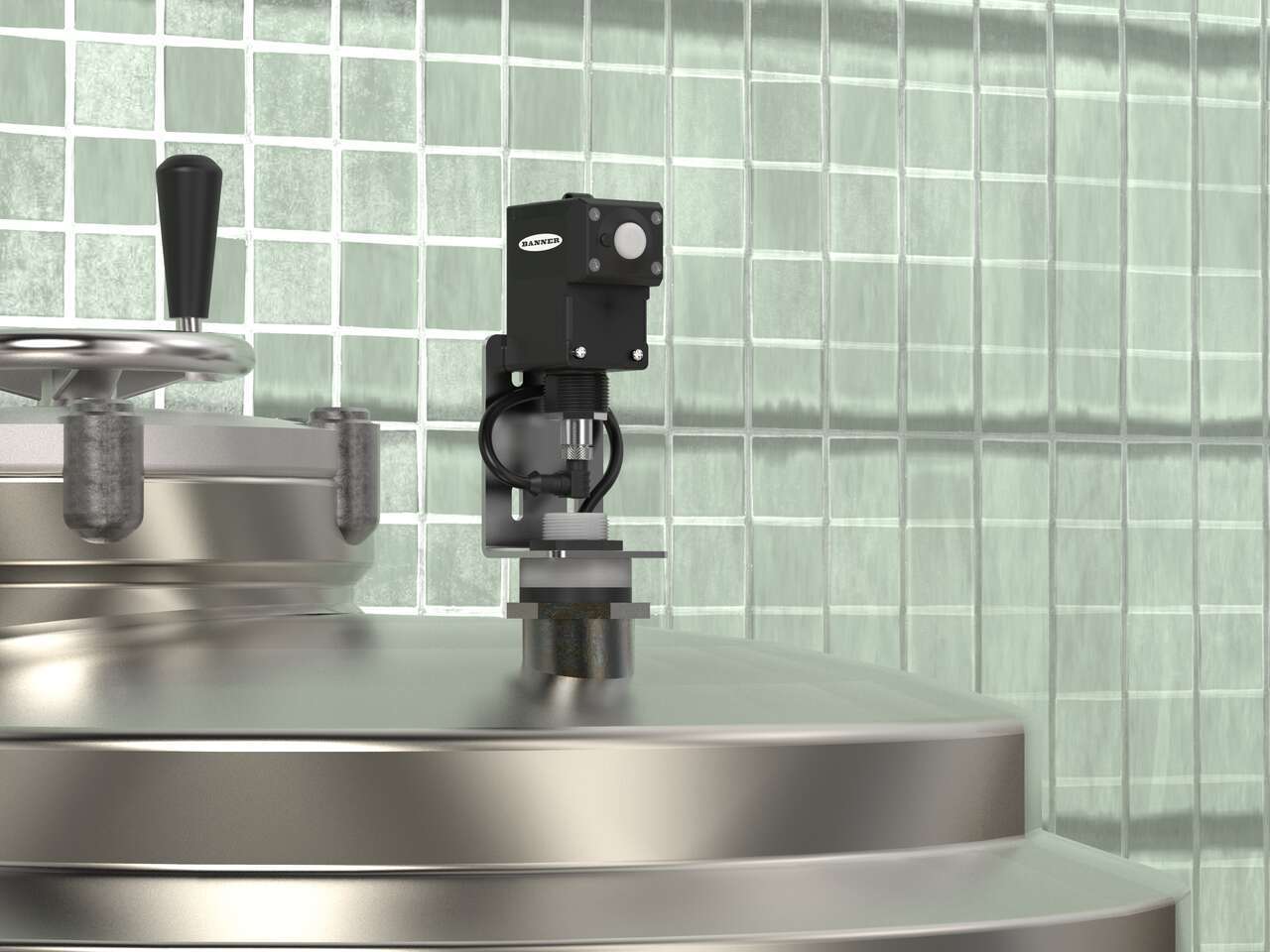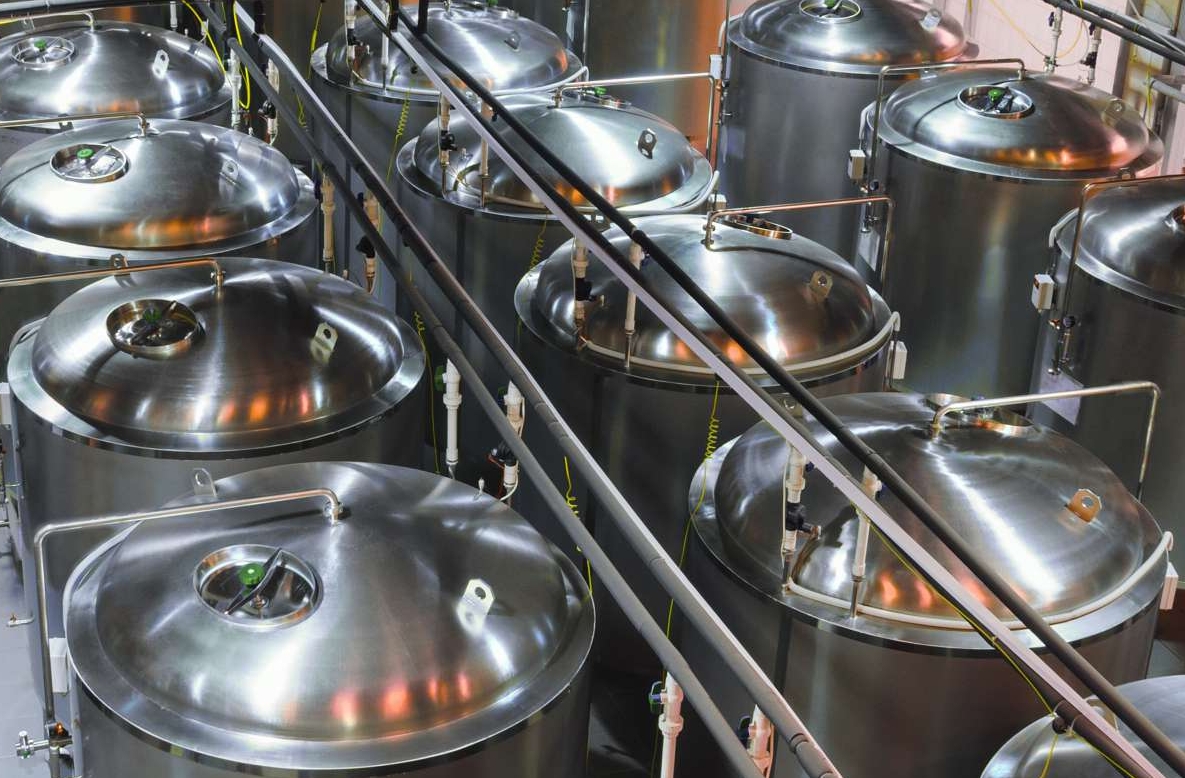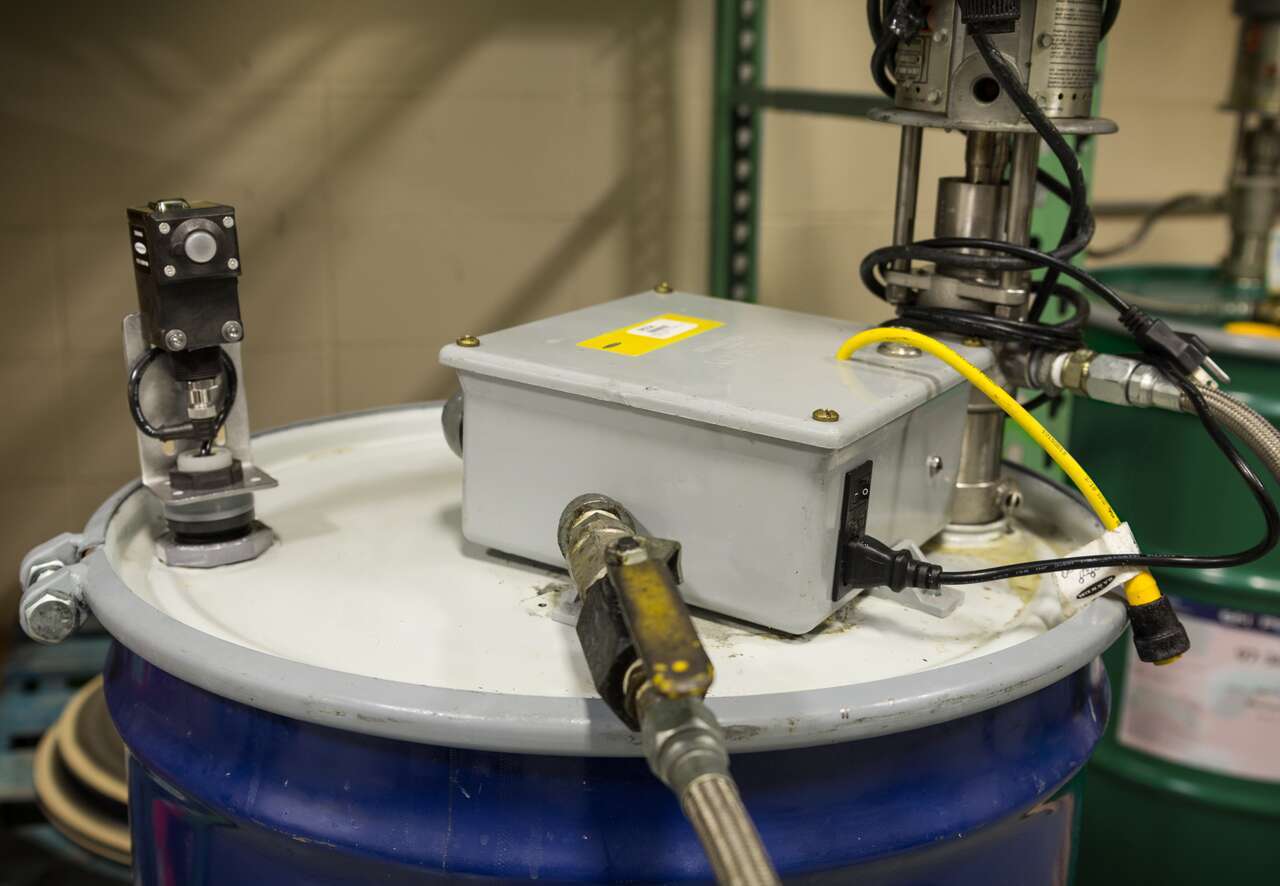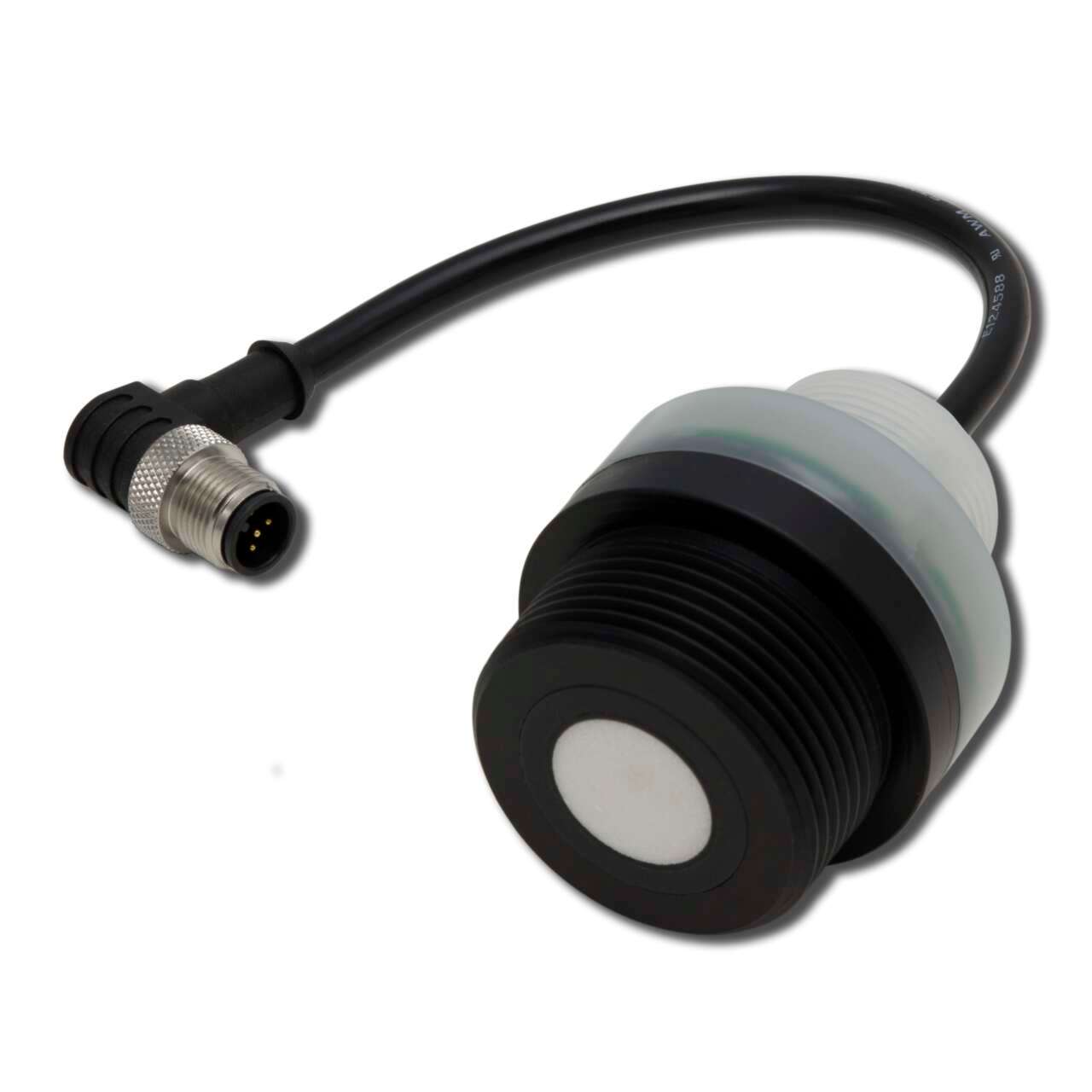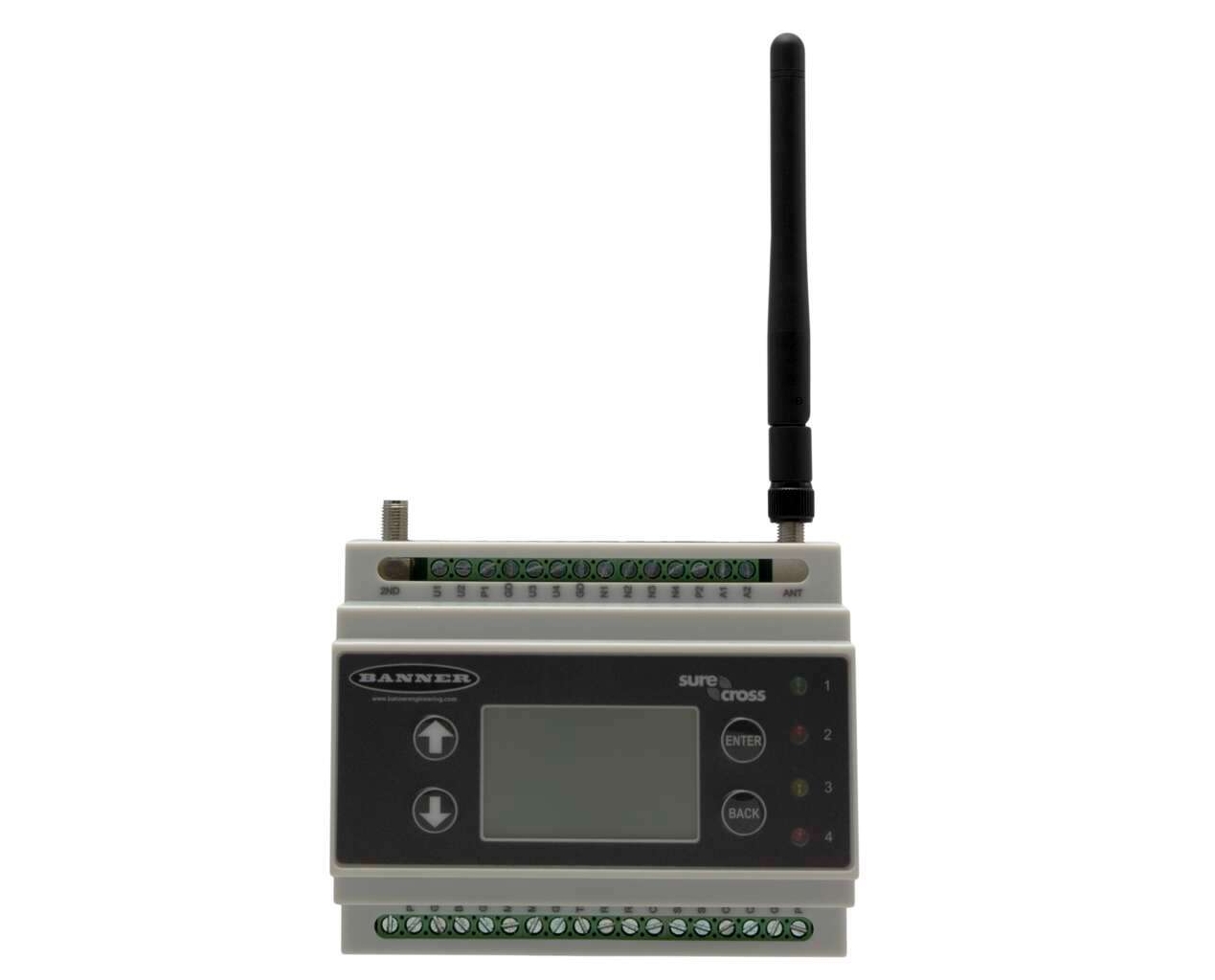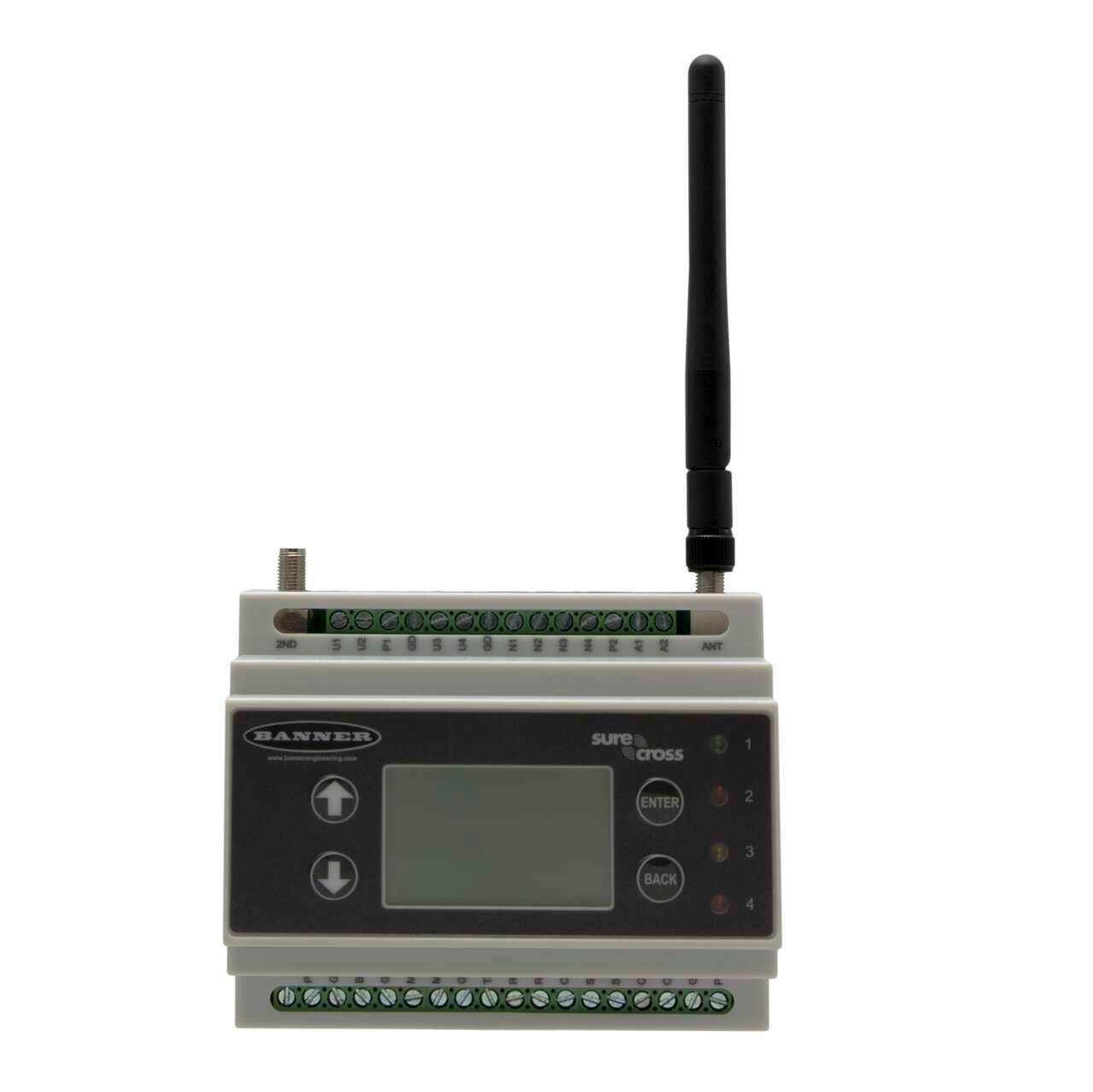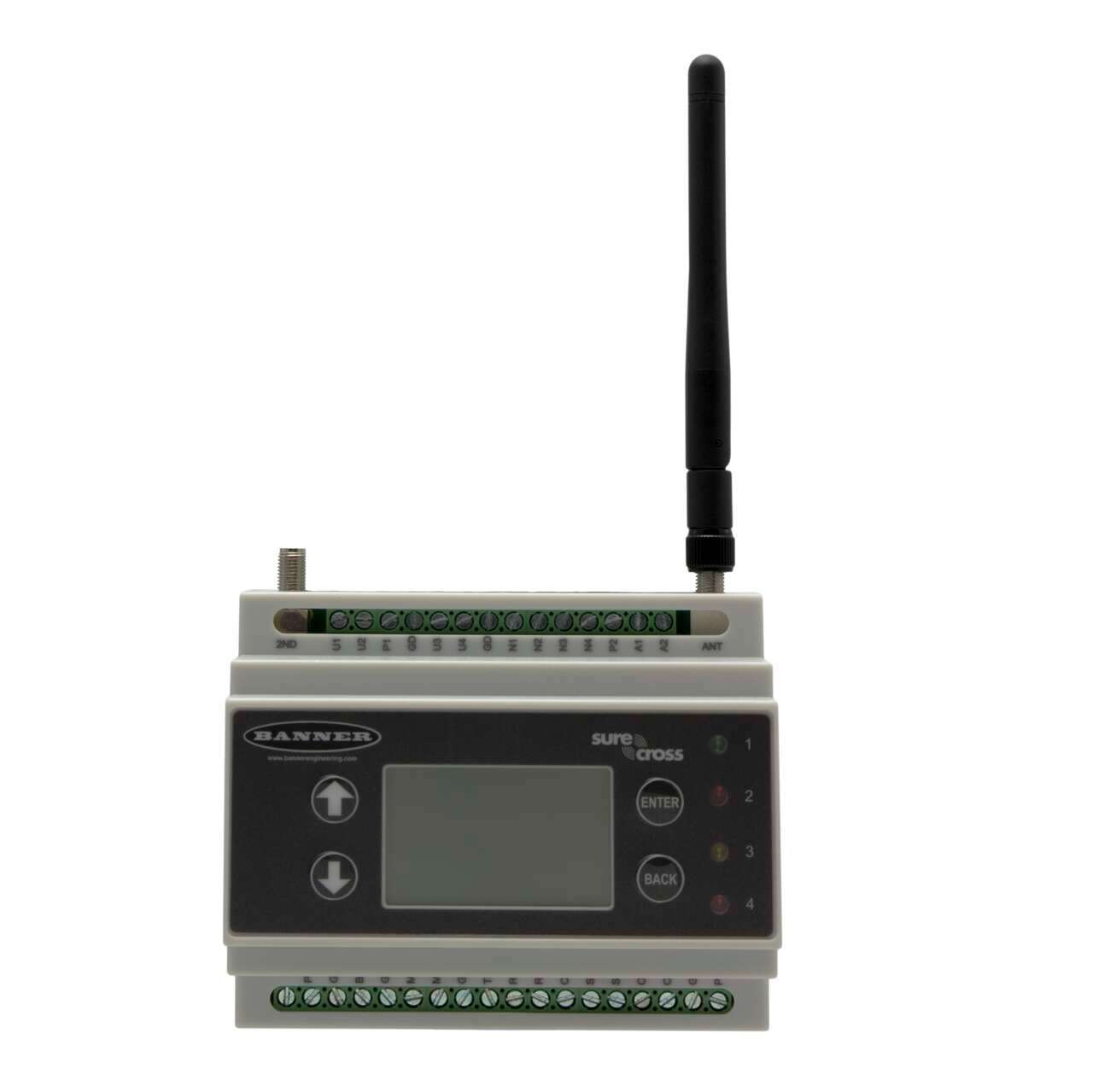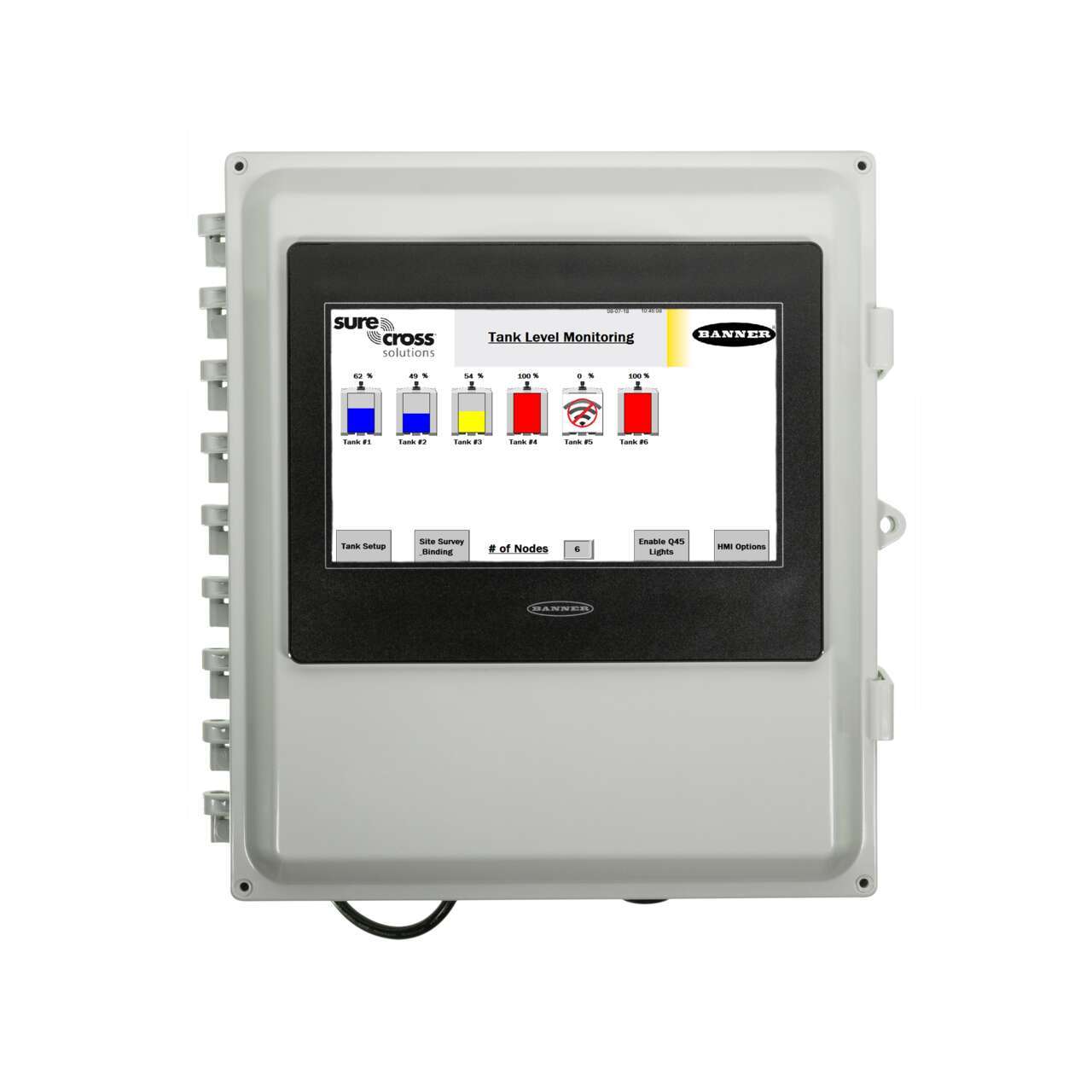Tank Level Monitoring
Predictive Maintenance for Tanks
Storage tanks, totes, and containers can be found in a wide variety of environments, from indoor or outdoor installations to above or below ground deployments.
Properly monitoring and managing levels inside these tanks can help owners and asset managers increase productivity and profitability.
Keep reading to learn more about the benefits of a wireless solution for tank level monitoring.
There are many technologies to choose from that vary in terms of accuracy, reliability, and costs. Visual inspections and measuring sticks may be relatively inexpensive, but they are labor-intensive and prone to error because they rely on manual reporting methods.
More accurate tools, like floats and submersible pressure transducers, are not dependent on human labor to measure levels, which can simplify processes and minimize the risk of error. However, in some applications, a non-contact solution is preferable (for example, when measuring the level of caustic liquids).
A wireless ultrasonic sensor is a great choice for applications where a non-contact solution is needed. These sensors use sound waves to detect objects, so they do not need to come into contact with the materials they are measuring. They are also immune to target color, reflectivity, or transparency. Wireless communications open up additional benefits including saved time and costs, real-time remote monitoring, and adaptability to meet changing requirements.
Quick Commissioning Without Costly Cable Runs
The infrastructure changes required in a wireless system are minimal, far easier, and less costly to implement than a wired system.
In a basic setup, a wireless node is connected to a measuring device, like a wireless ultrasonic sensor, and installed on the container. Each node in the network is bound to a wireless gateway or controller with an integrated gateway. Next a site survey is conducted to verify the connection between the deployed nodes and the gateway.
The system is then configured, and inspection parameters and alarm thresholds are set. A system like this can monitor many containers and can be set up in a fraction of the time and at a much lower cost than a wired system.
Improve Efficiency with Real-Time Alerts
With connected devices, asset managers can easily access tank level data in real time. improving both efficiency and productivity. For example, with real time monitoring of remote containers, managers can strategically plan visits based on actual need instead of sending staff to a site based on forecasted expectations of container levels. This saves time and costs while ensuring that tanks are full and processes are running smoothly.
In addition, automated alerts can be setup to notify staff of potential issues, minimizing emergencies when a tank runs dry or overflows. A real-time remote monitoring system can alert personnel via text or email if tank levels are outside of the established thresholds, and it allows them to respond to these conditions before they become critical.
Maintain the Flexibility to Make Changes Quickly
Business needs can change over time and companies may need to add or move containers at a site to keep up with new demands. Wireless networks are versatile, scalable, and adapt easily to changing requirements. They are also flexible enough to monitor both fixed and portable assets.
With a wireless system, containers can be moved as often as needed without altering the system or disconnecting the measuring device, which means containers can be monitored even while in transit. New nodes from new containers can be integrated into the existing network, or a new network can be deployed to accommodate a new group of tanks without the time and labor commitments of altering a wired network.
Wireless Ultrasonic Sensor for Tank Monitoring
El sensor ultrasónico K50U está diseñado para ser utilizado con un nodo inalámbrico Banner o un radio Multihop Modbus, lo que crea una solución inalámbrica rentable y fácil de usar para monitorear tanques y contenedores móviles o remotos.
- Los modelos de rango estándar (rango de detección de 300 - 3000 mm) son muy adecuados para medir y monitorear niveles de contenido en una amplia gama de aplicaciones
- Los modelos de corto alcance (rango de detección de 100 - 1000 mm) ofrecen una mayor precisión de medición en contenedores pequeños y despliegues de espacio limitado
- Compensación de temperatura integrada
- Diseño robusto IP67 para entornos de detección exigentes
Wireless Controller for IIoT Applications
El controlador DXM es un controlador inalámbrico industrial para facilitar la conectividad Ethernet y las aplicaciones IIoT (Internet Industrial de las Cosas).
- Los radios ISM están disponibles en 900 MHz y 2.4 GHz para las redes inalámbricas locales
- Convierte Modbus RTU a Modbus TCP/IP o Ethernet I/P
- El controlador lógico se puede programar usando reglas de acción y métodos de lenguaje de texto
- Tarjeta micro SD para el registro de datos
- Alertas por correo electrónico y mensajes SMS
- Módulo celular para conectividad a la red telefónica
For Tank Level Monitoring
Los kits de soluciones inalámbricas son soluciones completamente integradas y fáciles de usar para monitorear activos y resolver aplicaciones específicas. Están diseñados para facilitar a los usuarios de cualquier nivel de experiencia configurar una red inalámbrica, recopilar datos remotos y crear herramientas de visualización, advertencias y alarmas.
- No se requiere programación. Enchufa la caja, une los nodos a través de la pantalla HMI, instala los sensores y nodos y comienza a recopilar datos
- Incluye controlador inalámbrico DXM700 preprogramado, HMI de pantalla táctil de 25,5 cm (10,1 pulgadas) preprogramado y conmutador Ethernet industrial de 5 puertos
- La HMI proporciona pantallas gráficas de datos recopilados, líneas de base, umbrales, advertencias y alarmas
